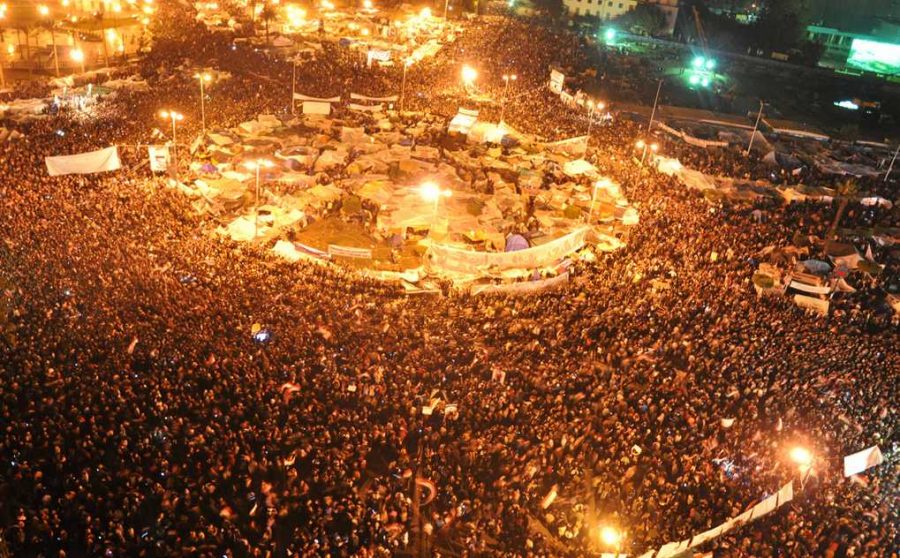Let’s assume it’s an average day. You’ve just arrived home after your slew of college-résumé-building extracurricular activities and, hoping to find a reason to procrastinate before starting up the steep hill of homework you’ve yet to climb, you do what many teens would after a long, productive day: log onto Facebook for a little brain-melting time.
It’s a normal, even healthy release of tension, wanting to tap back into the addicting web of friends and “friends” that defines the social interaction of our times. But even so, as you enter your embarrassing years-old password and see your newsfeed pop up like always, you feel a little guilty wasting so many minutes every day on a glowing screen. It can’t be good for your eyes, that’s for sure.
The worldwide web is an influential thing… and you’re using it to soak up Instagrammed meals and shared links on a social network. You feel extremely guilty to be squandering the power of your connectedness. If only there were a way for you to use your advantaged technological position to do something more meaningful, maybe to help the less privileged of the world– and then you see what may be an opportunity.
The Internet Gods must have heard your prayer: a post on your newsfeed catches your eye. It seems that one of your Facebook friends has shared an article. There are a few hundred thousand likes, so you know they couldn’t have found it by themselves (they were never very clever, after all). Intrigued, you read the article; this could be the answer to that gnawing sense of uselessness in the pit of your stomach.
The exposé condemns a particular injustice in the world – child slavery, or wealth inequality, or starvation, maybe – and after peppering you with upsetting factoids, clean diagrams, and photos of malnourished children, it implores you to spread awareness by sharing the post. That isn’t so much to ask, especially for somebody with as much leisure time as you. So you share the article on your own Wall and, seeing no new notifications, log off of Facebook feeling like a good citizen of the world. You’ve done your part.
If you want to call such clicks “activism,” feel free, but I prefer to avoid nicknaming laziness. “Activists” like these choose the cushiest, safest possible kind of advocacy to appease their craving to feel like a contributing member of society. Rather than putting in effort and turning their restless altruistic urges into something productive, these people squander them on the useless task of sharing an article on Facebook.
Sharing the article was easy, took a few seconds, and cost nothing… meaning it’s likely to achieve nothing, too. Effective activism requires hard work, time, and meaningful sacrifice. The Civil Rights Protesters of the 1950s and ‘60s endured hate violence, police brutality, imprisonment, and even death threats to advance racial equality. The injuries they suffered were real, certainly realer than any that could be dealt in the safety of an American home, and where they succeeded, we are failing.
But surely, the actions described above had some benefit… Right? Don’t be so sure. Let’s say the shared post has “raised awareness” of the advertised inequality. Maybe another one of the sharer’s friends even follows their example and shares it too. Friend by friend the awareness grows; everybody sees the post shared by one of their friends, and, feeling duty-bound to do something about it, resolves to pass along the message by further sharing it.
But that’s all these sharers do. Awareness has grown, but wilted before it could blossom into the fruit of progress. Any meager lust for justice that existed among the group of sharers has been flushed down the rank toilet of self-satisfaction.
This is the ethos of “activism” today: getting the word out about an injustice seems to supersede taking action against it. Because it’s so easy to pass along a virtual message, and sharing a cause feels important even when it isn’t, too many people assign themselves the role of online harbinger. This can only lead to a network comprised more of shallow talkers than driven doers. It’s the same sympathy ricocheting around, never escaping to have any effect.
The solution to this problem is simple: action in real life. There are a lot of things you can do that’d have much more influence on the world than moonlighting as a “web activist.” If you want to help the hungry, find a suitable charity and donate money. If you want to sway the government, write your Congressional representatives letters. If you want better working conditions for unions, picket with them. In short, if you want to feel like an activist, avoid being one from your computer screen. Checking Facebook less often might help with that.


